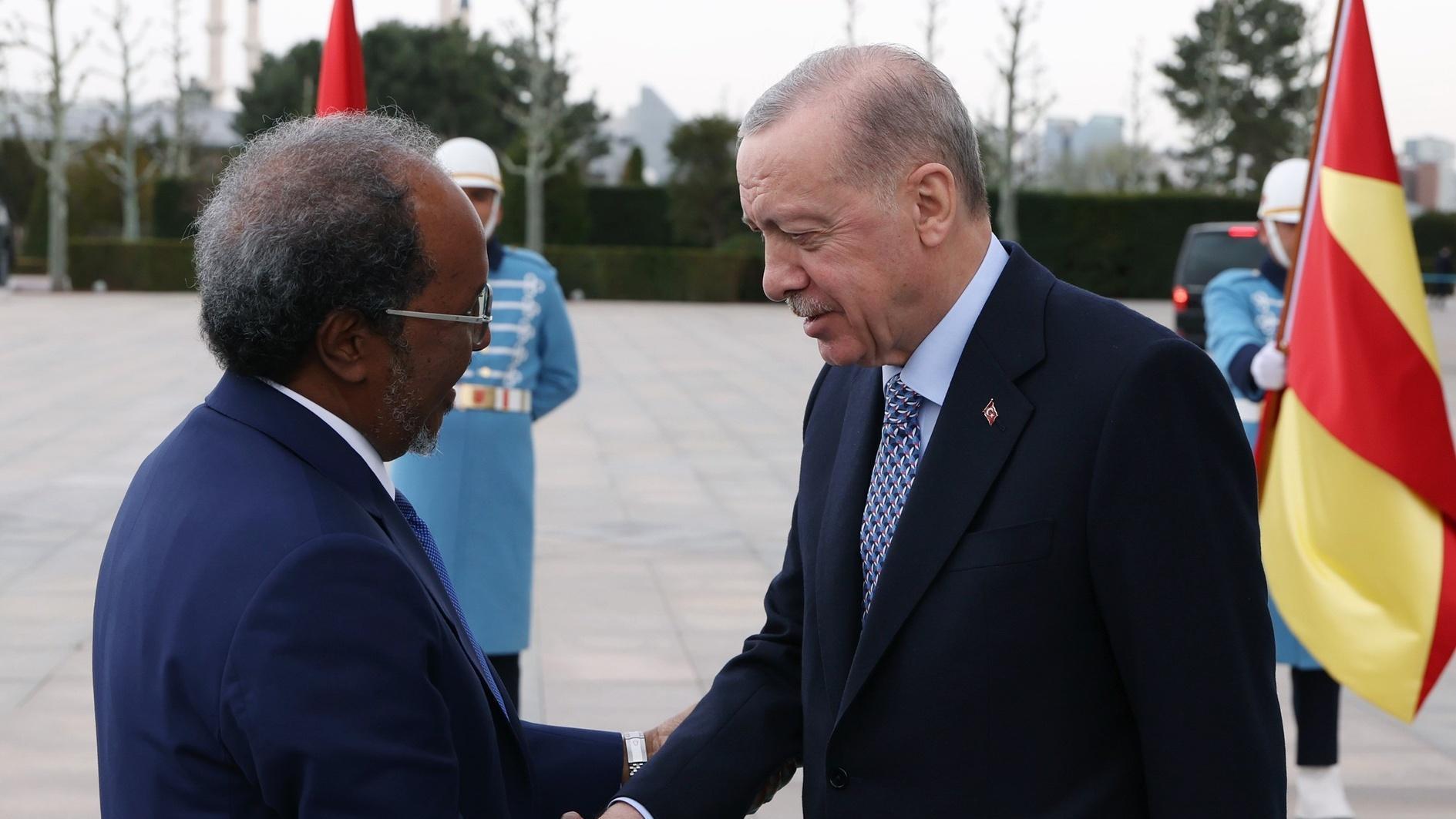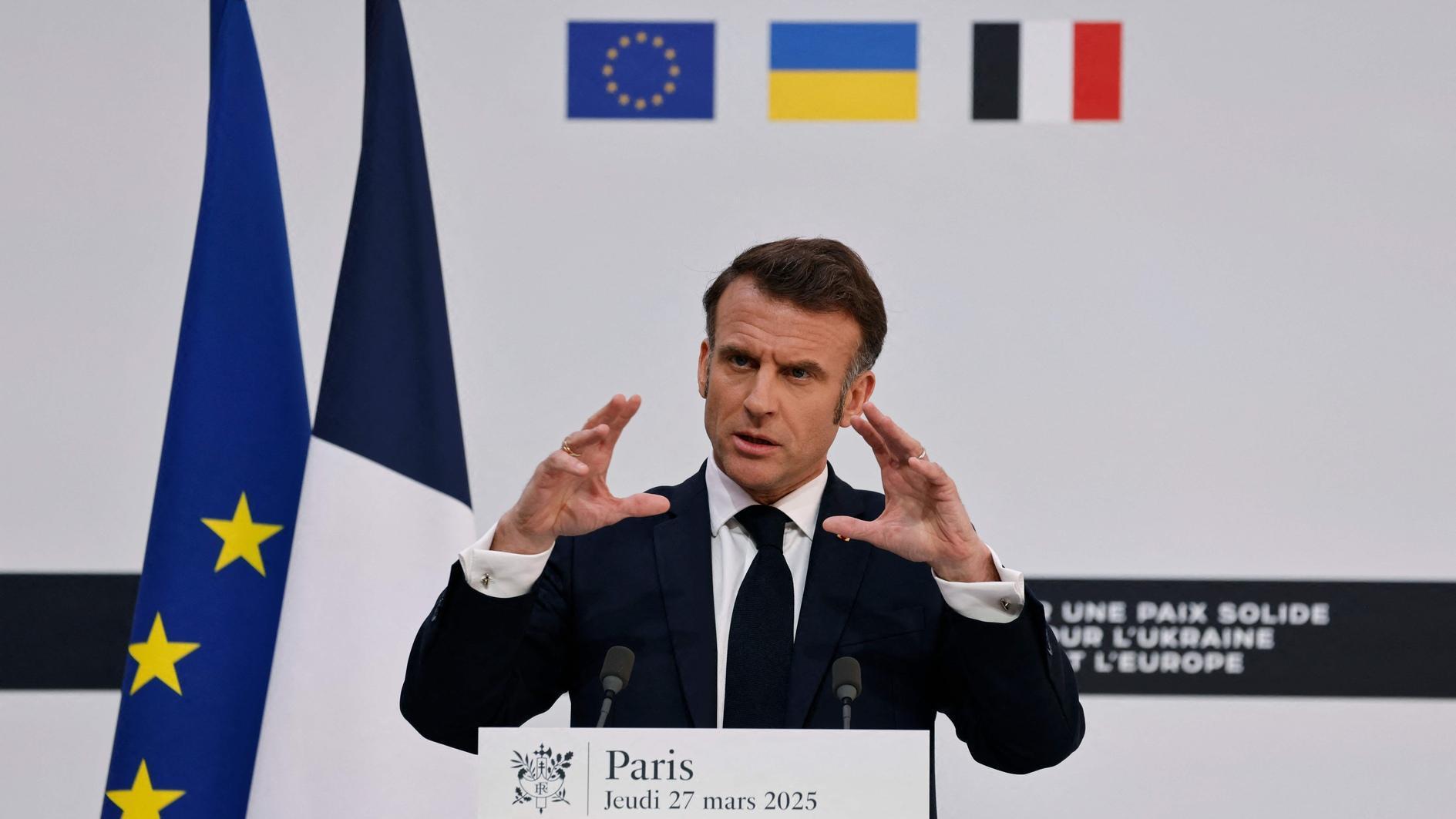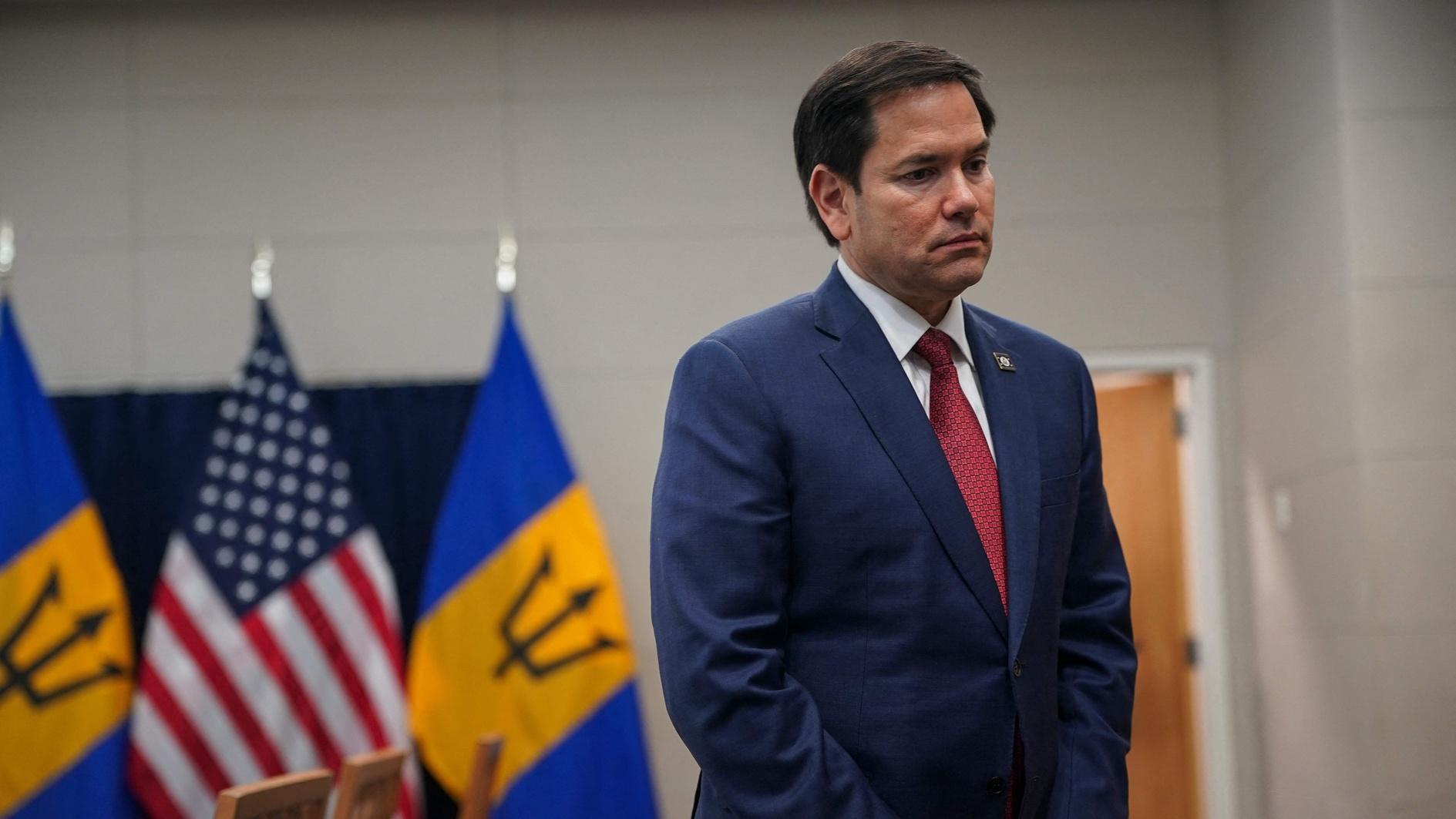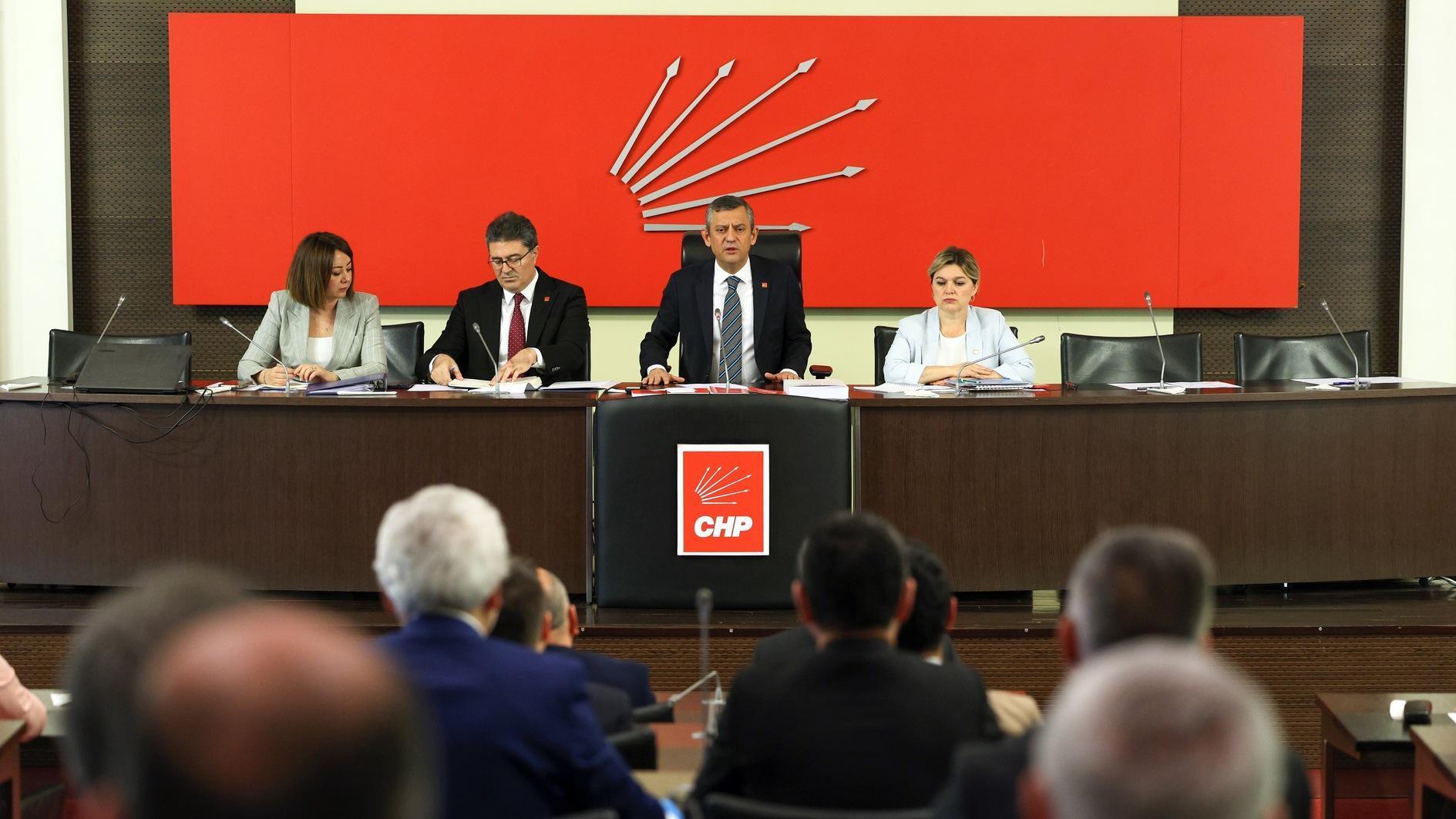‘Lack of transparency drives Turkish football into the wall’
ISTANBUL- Hürriyet Daily News
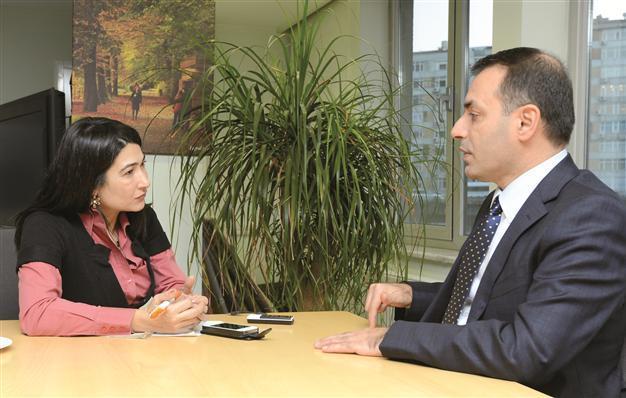
The volume of the Turkish football industry grew 300 percent in 10 years but the athletic performance went down, says football economist Tuğrul Akşar (R), adding inefficiencies rise with the rise of revenues. DAILY NEWS photos, Emrah GÜREL
Fresh from the effects of last season’s injurious match-fixing scandal, Turkish football is facing a new crisis as its clubs – long beset by a lack of transparency – hesitate to enact the necessary measures to meet UEFA’s financial fair-play rules, a leading football economist has said.Turkish teams need to get their financial houses in order if they want do not want to be banned from European competition in two seasons’ time, but their financial structures are rotting away with poor transparency and a lack of corporate governance, Tuğrul Akşar said.
Financial problems that have seen increased spending result in increased indebtedness are growing like a snowball, meaning Turkish football will soon hit the wall if necessary measures are not taken, said Akşar.
You raised some objections to the recent transfer of Dutch midfielder Wesley Sneijder to Galatasaray, arguing there are lessons Turkish football clubs need to learn from Inter Milan’s reasons for cutting its ties with Sneijder.
Inter was very generous toward Sneijder when it signed him to a 6 million-euro contract. But due to his poor performance and a loss in club revenue, Inter decided to cut costs as it started to send away some of its important players.
What is the lesson to be drawn here for Turkey?
Inter was listed last year by Forbes as the world’s 12th most valuable club. It ranks eighth in the Deloitte money league. The fact that our clubs, which are in no way comparable to the likes of Inter as far as their financial assets are concerned, are taking on such large costs, at a time when even clubs like Inter are cutting costs, takes them further away from [the goal of] financial discipline. Looking at it from a positive perspective, such a transfer positively affects the market value of Turkish football; Europe actually talked about Galatasaray and Turkey during Sneijder’s transfer.
But if there are any poor performances in the following months, the cost will seriously start disturbing Galatasaray, and it will not be easy to send him away. We are talking about a 3.5-year-long contract for 16.5 million euros. This corresponds to nearly 34 million to 35 million Turkish Liras. Galatasaray, last year’s league champion, received [only] 72 million liras from the revenues distributed by the [Turkish] football federation. Such costs cannot be afforded by Turkish clubs.
This is probably not a case limited to Galatasaray.
When we look at the financial structures, the revenues are not sufficient to cover expenses. When we are talking about revenues, we are talking about match-day revenues, sponsorships, broadcasting rights and merchandizing, like the sale of brand-name merchandise. Some 34 percent of the total revenue is generated by the big three [Galatasaray, Fenerbahçe and Beşiktaş]. The rest of the clubs only get revenues that are generated by broadcasting rights. It is easy to increase spending, but it is very difficult to generate revenues with limited resources; therefore, in time, when revenues do not cover expenses, clubs resort to bank loans, which bring additional financial costs. The gap between the assets and liabilities grows in favor of liabilities, and the financial balances of the club are distorted, leading to a deterioration in sporting performance. This is true for all the clubs in the Super League.
Where is the Turkish football industry in comparison to Europe?
The volume of the football market in Europe is 16.9 billion euros, according to Deloitte’s latest study. The volume of the Turkish football market is around 580 million euros. Turkey’s volume is 3.5 percent of the European volume, making us seventh, which is important, since there are 53 national federations in Europe. But 25 percent of the European volume is produced by the big five leagues: England, Spain, Italy, France and Germany. Russia is ahead of us. When you divide the remaining 47 countries by 75 percent, each gets [just over] 1 percent. Therefore our position is quite good at 3.5 percent. But when we look from the perspective of financial discipline and indebtedness, we are much worse than the leagues that are at a similar level with us. Our indebtedness is higher than Russia or Portugal. In addition, we are way behind in our sporting performance. In other words, we have higher indebtedness but a worse sporting performance when compared to those we see as our rivals.
In 2000 the volume of Turkish football was 150 million euros; by 2010, this had reached nearly 600 million euros – a 300 percent increase. But in 2000, Turkey ranked seventh in UEFA [Europe] and 22nd in FIFA [the world]. Currently, our UEFA ranking is back down to 11th, nearly 12th, while our FIFA ranking is back down to 37th. There is a contradiction here.
What does this picture tell us?
It tells us that we have wasted our money; we did not spend it properly.
How did this increase happen?
First of all, this was a state-supported hike. This did not happen due to the internal dynamics of the industry. The bid in 2010 for live broadcasting ended with a 150 percent hike. There is obviously an anomaly here. The state [indirectly] told Digitürk to increase the amount by making Türk Telekom compete in the bid.
When you look at it today, the broadcasting rights cost $450 million, and the broadcaster somehow needs to recoup this amount. Yet we can’t sell Super League anywhere in the world. The brand value of the league needs to be marketable. Yet the match-fixing incident has seriously pulled down the brand value. When you look at the sporting performance, there is an unbalanced competition, and this has made the big clubs bigger and the smaller ones even smaller. The unfair competition has automatically and negatively affected the quality of our football. As the quality went down, we were unable to succeed in European leagues.
It seems that the more money was poured in, the more sporting performance declined.
Actually, there is a general anomaly in football: when revenues increase, so does the inefficiency.
Well, then we should not blame the Turkish league.
When a club’s revenues increase, its indebtedness increases automatically because it starts spending its revenues without any discipline. When the revenues of the live broadcasting increased all of a sudden, the clubs received unexpected amounts of money and started to make abnormal spending decisions. They spent it on technical directors, made big transfers, sacrificed quality and conducted inefficient spending. When your revenues increase, your profitability decreases. There is an efficiency problem. But this is a financial situation. In Europe, they don’t do financially well, but they are successful in terms of sporting performance.
Why is that so?
First, we are not a country of football. The football quality is low; we have a problem with fair competition. The balance is set in favor of the three big clubs. It is not easy for clubs to enjoy sporting [success] and generate revenues in a league where you have a 33 percent chance of predicting the winner from the beginning. There is no investment in infrastructure. There is no corporate governance.
You are claiming that the clubs should set themselves free of the dictatorship of the chairmen.
Definitely. Clubs where there is such huge turnover cannot be run by conventional methods. When there is a dictatorship of the chairman or when the clubs have the status of an association, then the mechanism of absolving debts is not working. They just say, “We’ll take care of it later.” There is then no accountability. The decisions are not being questioned.
So should clubs become companies?
Not necessarily. In Europe some clubs are also associations but their corporate governance works. There are also clubs that posted losses after becoming a company. The critical point here is the mentality. We need corporate governance, be it an association or a company.
You are talking about a black hole; can you elaborate?
First of all, we have a financial black hole because revenues are not covering expenditures, so financial discipline is a must. Turkish football is not transparent. And that’s an essential problem. When there is no transparency, there is no accountability; so there is also an administrative hole as well.
It seems that the state also carries a responsibility by creating a situation where clubs received an unexpected amount of money.
The state succeeded in increasing the volume of the sector. This money went to the clubs, but as it was not inspected, inefficiency and wastefulness increased; then, at some point, the clubs started facing tax debts.
There is also a tax problem in Turkish football.
There is only a 15 percent tax on football. This ratio is nearly 50 percent in England and 40 percent in Italy. Turkish clubs not only don’t pay [many] taxes but ask for deferrals. At the same time, they spend tremendous amounts on transfers. While you have debts, you spend money on transfers, and you go looking for more debts; at some stage, all this becomes a growing snowball that disrupts the financial balance sheet of the clubs even further.
Is Turkish football about to hit the wall?
Definitely. We will be faced with UEFA’s financial fair-play rules, which will go into effect in the 2014-15 season. According to these rules, UEFA will look at whether you abide by the 70 percent ratio on revenues-expenses and whether you have paid your debts to third parties. If these [conditions] are not met, they will bar clubs from participating in UEFA competitions. Clubs are going through a reorganization, but the old order is still there. It looks like they are leaving everything to the last minute.
What I say is this: Let’s not leave everything to the last minute and start thinking about every penny we spend with these [financial fair-play rules] in mind.
Who is Tuğrul Akşar
Born in 1962, Tuğrul Akşar is one of the few names in Turkey specializing in football economy. He graduated from Ankara University’s Political Science Faculty, where he also conducted his postgraduate studies.
Akşar has been working in the financial sector since 1989. He has also been researching the economic, financial, administrative and social dimension of football since 2000. His first book, “Industrial Football,” was published in 2005. “Football Economy and Administration of Football,” a book he co-authored with Dr. Kutlu Merih, was published in 2006. His latest book, “The Economic Policy of Football,” was published in 2010. He continues to write on the football sector at www.futbolekonomi.com.


